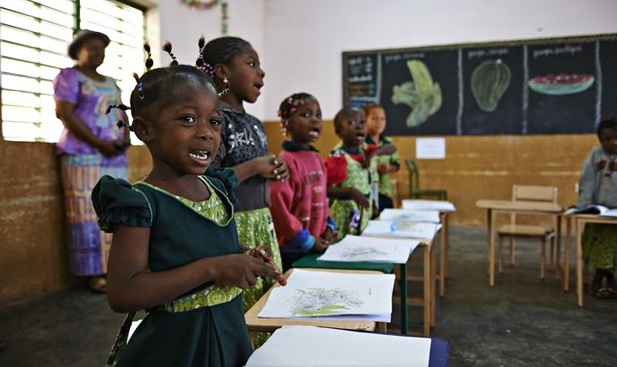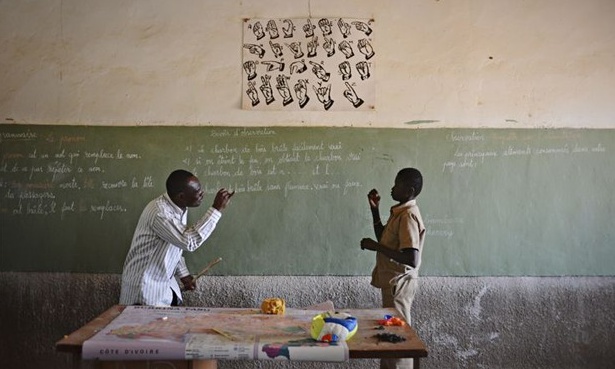
We are at a critical juncture for reflecting on the human rights of people with disabilities. Human rights are indivisible, and the right to food cannot be realised unless the other human rights of people with disabilities are realised too. They must be included in the broader sustainable development agenda.
The UN sustainable development goals, which will replace the millennium development goals, will be finalised in the coming months and are expected to be officially adopted by the UN in September. This unique opportunity for people with disabilities to become not just more visible but active participants in the global agenda must not be missed. Their inclusion in the SDGs is fundamental if we are to achieve development that is genuinely rights-based and leaves no one behind.
An estimated 1 billion people live with a disability, 80%of them in the global south. About 805 million people are chronically undernourished. Since many people with disabilities live in absolute poverty, these two large populations overlap to a considerable extent. These striking facts need to be remembered, especially on Wednesday, International Day of Persons with Disabilities.
A recent article in Paediatrics and International Child Health says: “Nutrition and disability are intimately linked: malnutrition can directly cause or contribute to disability, and disability can lead to malnutrition.”
People with disabilities face many challenges in realising their human rights, including the right to food. Although the need for good nutrition is often discussed in relation to preventing disability, it is vital to emphasise the human rights approach to food security for those who already live with a disability. Countries are particularly responsible to make sure that vulnerable and marginalised people can access adequate and nutritious food in a non-discriminatory manner.

The article says children with disabilities often lack equal access to adequate food and are more likely to suffer from malnutrition than other children. They may receive less food because the others are seen as having a greater chance of surviving and contributing to the household. Mothers of newborns with a disability are often discouraged from breastfeeding their babies for similar reasons.
Children with disabilities are often believed to be incapable of learning to feed themselves, and therefore become reliant on others who may give them less food because it takes time to feed them. The NGO Lumosreported last year that in Bulgarian institutions for children with disabilities, caretakers were spending less than two minutes on each child at mealtimes, even though those children needed help with eating and drinking. Among children with disabilities, girls are often discriminated against and given less food than boys.
Both children and adults with disabilities are discriminated against, due to social stigma, and many societies ignore their rights, including the right to food. Governments have an obligation to realise the right to food. They must ensure that disability is taken into account in nutrition policy, maternal and child health, and broader public health initiatives.
Food must be both physically and economically accessible. Many people with disabilities face great difficulties in accessing work and gaining a sustainable income. Governments should help all people access food.



